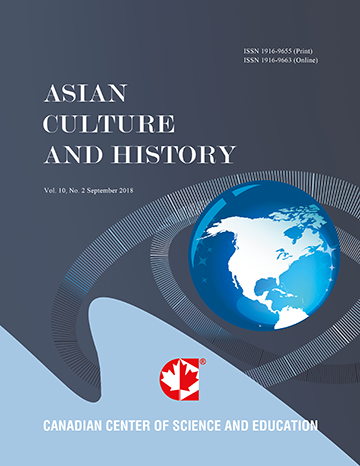A Call for Empowering the Non-Native EFL Teacher through Professional Development in Pragmatics: Focus on Thai-EFL
- Lakshmi Kala Prakash
Abstract
The Non-Native EFL teacher is most often the by-product of an educational system blamed for the language skills of its EFL learners. An EFL community such as Thailand is no exception. A canon of research into the need for enhancing the organizational competence of a learner in the L2 has been conducted and reported over several decades. In addition, empirical studies in pragmatics involving and benefiting the learner have gained ground in several ESL and EFL countries. However, the EFL teacher, who is usually the chief facilitator in an EFL context, is marginalized both as a focus of research and in the development of their pragmatic skills in English. An unfair reason generally given is that adult learners have a sufficient stockpile of already acquired pragmatics knowledge in their L1, which would serve them as needed. Yet, as observed over the years this assumption is proving costly. The academic paper authored here, based on literature and a recent needs analysis, makes a case for the immediacy of including explicit instruction in pragmatics through professional development workshops in the Thai EFL context with the chief aim of empowering the Asian EFL teacher.- Full Text:
 PDF
PDF
- DOI:10.5539/ach.v8n2p57
Journal Metrics
Google-based Impact Factor (2017): 5.42
h-index (January 2018): 11
i10-index (January 2018): 21
h5-index (January 2018): 6
h5-median (January 2018): 9
Index
- Academic Journals Database
- CNKI Scholar
- COPAC
- EconPapers
- Elektronische Zeitschriftenbibliothek (EZB)
- Excellence in Research for Australia (ERA)
- Genamics JournalSeek
- Google Scholar
- Infotrieve
- LOCKSS
- MIAR
- NewJour
- Open J-Gate
- PKP Open Archives Harvester
- Publons
- RePEc
- Scilit
- SHERPA/RoMEO
- Standard Periodical Directory
- Technische Informationsbibliothek (TIB)
- The Keepers Registry
- Universe Digital Library
- WorldCat
Contact
- Ivan YongEditorial Assistant
- ach@ccsenet.org
